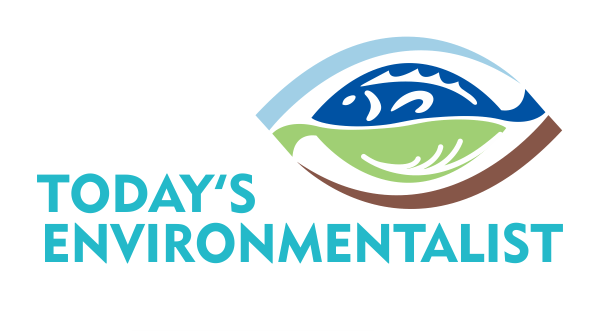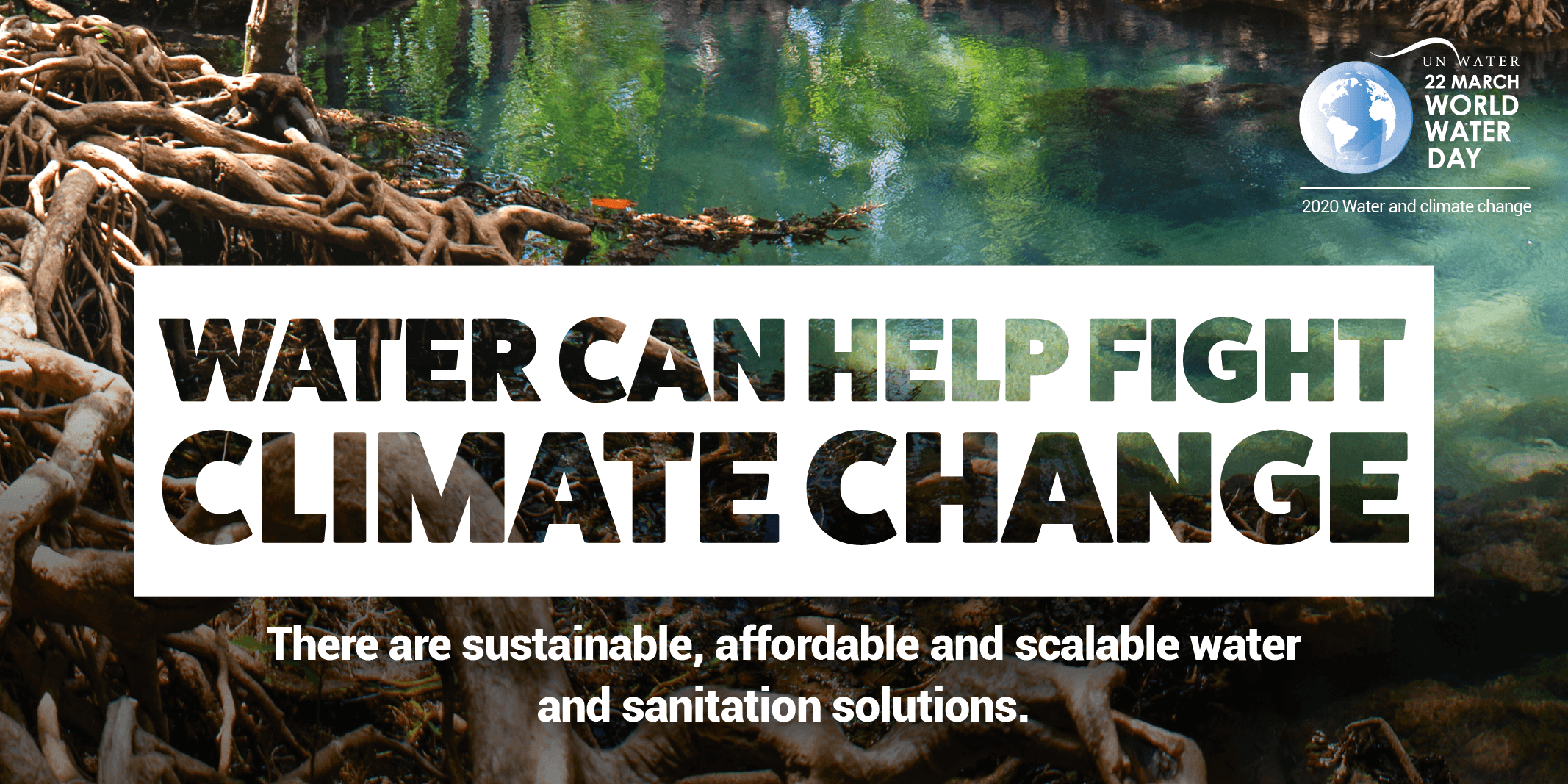World Water Day, on 22 March every year, is about focusing attention on the importance of water. This year’s theme, ‘Water and Climate Change’, explores how water and climate change are inextricably linked.
The idea for this international day goes back to 1992, the year in which the United Nations Conference on Environment and Development in Rio de Janeiro took place. That same year, the United Nations General Assembly adopted a resolution by which 22 March of each year was declared World Day for Water, to be observed starting in 1993.
As the global population grows, so does the demand for water, which depletes natural resources and damages the environment in many places. Solutions include protecting carbon sinks such as oceans and wetlands, adopting climate-smart agricultural techniques, and increasing the safe reuse of wastewater.
World Water Day celebrates water and raises awareness of the 2.2 billion people living without access to safe water. It is about taking action to tackle the global water crisis. A core focus of World Water Day is to support the achievement of UN Sustainable Development Goal 6: water and sanitation for all by 2030.
• Today, 1 in 3 people – around 2.2 billion – live without safe drinking water. (WHO/UNICEF 2019)
• By 2050, up to 5.7 billion people could be living in areas where water is scarce for at least one month a year, creating unprecedented competition for water. (UNESCO 2018)
• Climate-resilient water supply and sanitation could save the lives of more than 360,000 infants every year. (UN 2018)
• If we limit global warming to 1.5°C above pre-industrial levels, compared to 2°C, we could cut climate-induced water stress by up to 50%. (UN-Water 2019)
• Extreme weather – expected to increase in frequency and intensity because of climate change – has caused more than 90% of major disasters over the last decade. (UNDRR 2015)
• By 2040, global energy demand is projected to increase by over 25% and water demand is expected to increase by more than 50%, primarily from manufacturing, electricity generation and households. (International Energy Agency 2018/UNESCO 2018)
Water is our most precious resource – we must use it more responsibly. We must balance all of society’s water needs while ensuring the poorest people don’t get left behind.
World Water Day 2020 is about water and climate change – and how the two are inextricably linked. The campaign shows how our use of water will help reduce floods, droughts, scarcity and pollution, and will help fight climate change itself.
By adapting to the water effects of climate change, we will protect health and save lives. And, by using water more efficiently, we will reduce greenhouse gases.
The key messages for this day are clear:
• We cannot afford to wait. Climate policy makers must put water at the heart of action plans.
• Water can help fight climate change. There are sustainable, affordable and scalable water and
sanitation solutions.
• Everyone has a role to play. In our daily lives, there are surprisingly easy steps we can all take to address climate change.
More information:
• World Water Day 2020 website: https://www.worldwaterday.org
• UN World Water Development Report 2020, from 23 March: https://www.unwater.org/publication_categories/world-water-development-report/
• UN-Water Policy Brief on Climate Change and Water: https://www.unwater.org/publications/un-water-policy-brief-on-climate-change-and-water/








